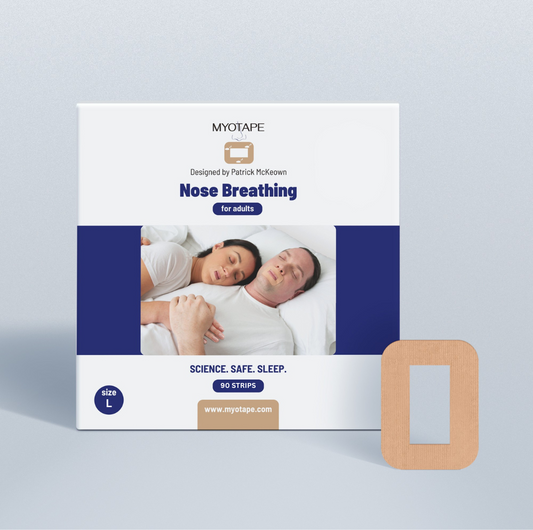Saliva plays a crucial role in keeping the upper airway open. It helps maintain moisture in the mouth and throat, which is essential for proper muscle function during sleep. When you breathe through your mouth, saliva becomes thicker and stickier. This increased stickiness can cause the upper airway to collapse, making it harder for the airway to reopen when breathing resumes.
An Important Study
One study conducted by Lam et al. focused on how saliva production influences the mechanical properties of the upper airway (Lam et al., 2008). The researchers found that saliva production affects the surface tension of the upper airway lining liquid (UAL). To put it in simpler terms, the amount of saliva we produce can change how smooth and flexible the lining of our throat is, which helps keep our airways open for easier breathing.
In their experiments with rabbits, they observed that increased saliva production lowered the surface tension, making it easier for the airway to stay open for breathing. Conversely, reduced saliva production increased surface tension, leading to a higher likelihood of airway obstruction. This suggests that mouth breathing, which reduces saliva production, can exacerbate Obstructive Sleep Apnea (OSA) by increasing the surface tension of the airway lining.
Another study by Verma et al. examined the effects of breathing route on the upper airway lining in humans (Verma et al., 2006). The study involved eight healthy subjects who alternated between nasal-only and oral-only breathing. The researchers measured the wetness of the oral mucosa and the surface tension of the UAL.
They found that nasal breathing increased mucosal wetness and decreased surface tension, making it easier for the airway to remain open. In contrast, oral breathing decreased mucosal wetness and increased surface tension, which could lead to airway collapse and worsen sleep-disordered breathing.
What Does This Mean?
The findings from these studies provide a clear understanding of how mouth breathing can negatively impact throat moisture and overall airway health. In essence, mouth breathing disrupts the natural balance needed to maintain an open and functional airway. The thicker saliva and increased surface tension in the throat lining make it more difficult for the airway to stay open, contributing to conditions like obstructive sleep apnea (OSA). These interruptions in breathing not only affect sleep quality but can also lead to more severe health issues over time.
Promoting nasal breathing can help maintain proper throat moisture and reduce the risk of airway collapse. By ensuring that the mouth and throat remain moist, the muscles can function properly, reducing the severity of sleep-disordered breathing and improving overall sleep quality.
MyoTape is the perfect mouth tape that supports nasal breathing, ensuring a moist throat and better sleep. World-recognized breathing expert, Patrick McKeown designed the MyoTape mouth tape as a safe way to breathe nasally. Invest in your nightly rest—visit our MyoTape shop and start breathing right tonight! Available are mouth tapes for kids, for adults, and for sensitive skin.
References:
Lam JC, Kairaitis K, Verma M, Wheatley JR, Amis TC. Saliva production and surface tension: influences on patency of the passive upper airway. J Physiol. 2008 Nov 15;586(22):5537-47. https://www.ncbi.nlm.nih.gov/pmc/articles/PMC2655365/
Manisha Verma, Margaret Seto-Poon, John R Wheatley, Terence C Amis, Jason P Kirkness. Influence of breathing route on upper airway lining liquid surface tension in humans. J Physiol. 2006 Aug 1; 574(Pt 3): 859–866. https://pubmed.ncbi.nlm.nih.gov/16690717/








